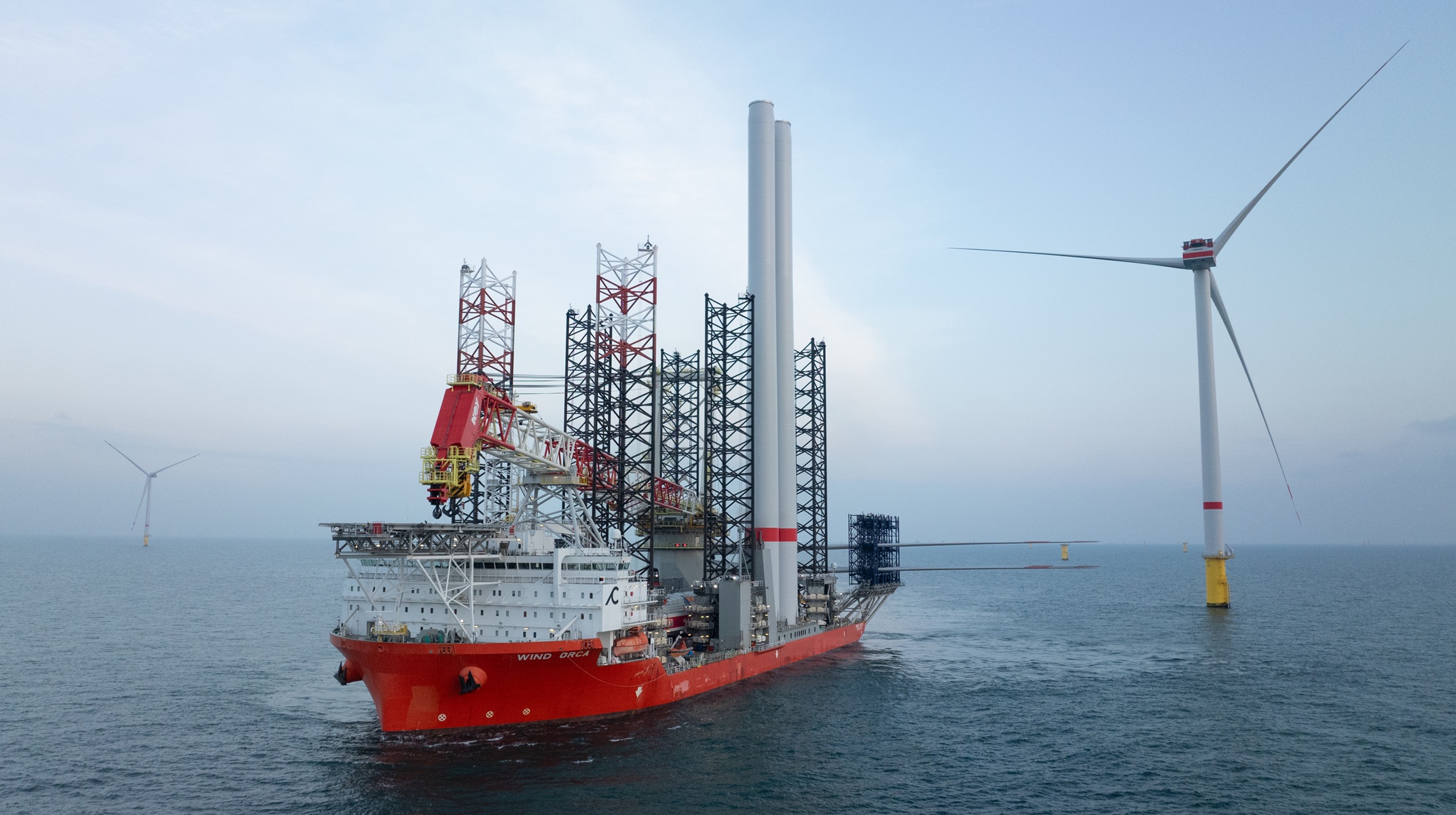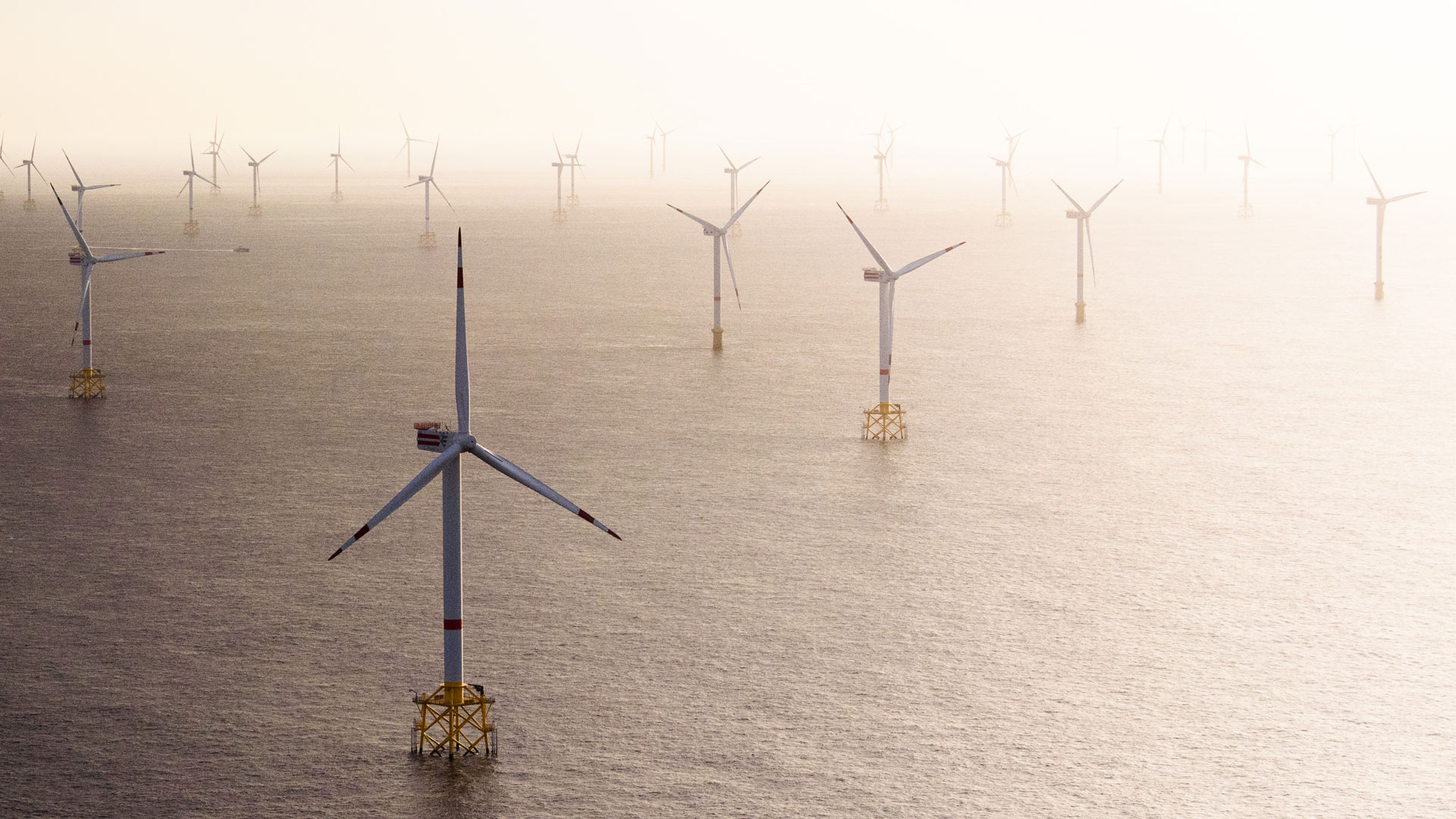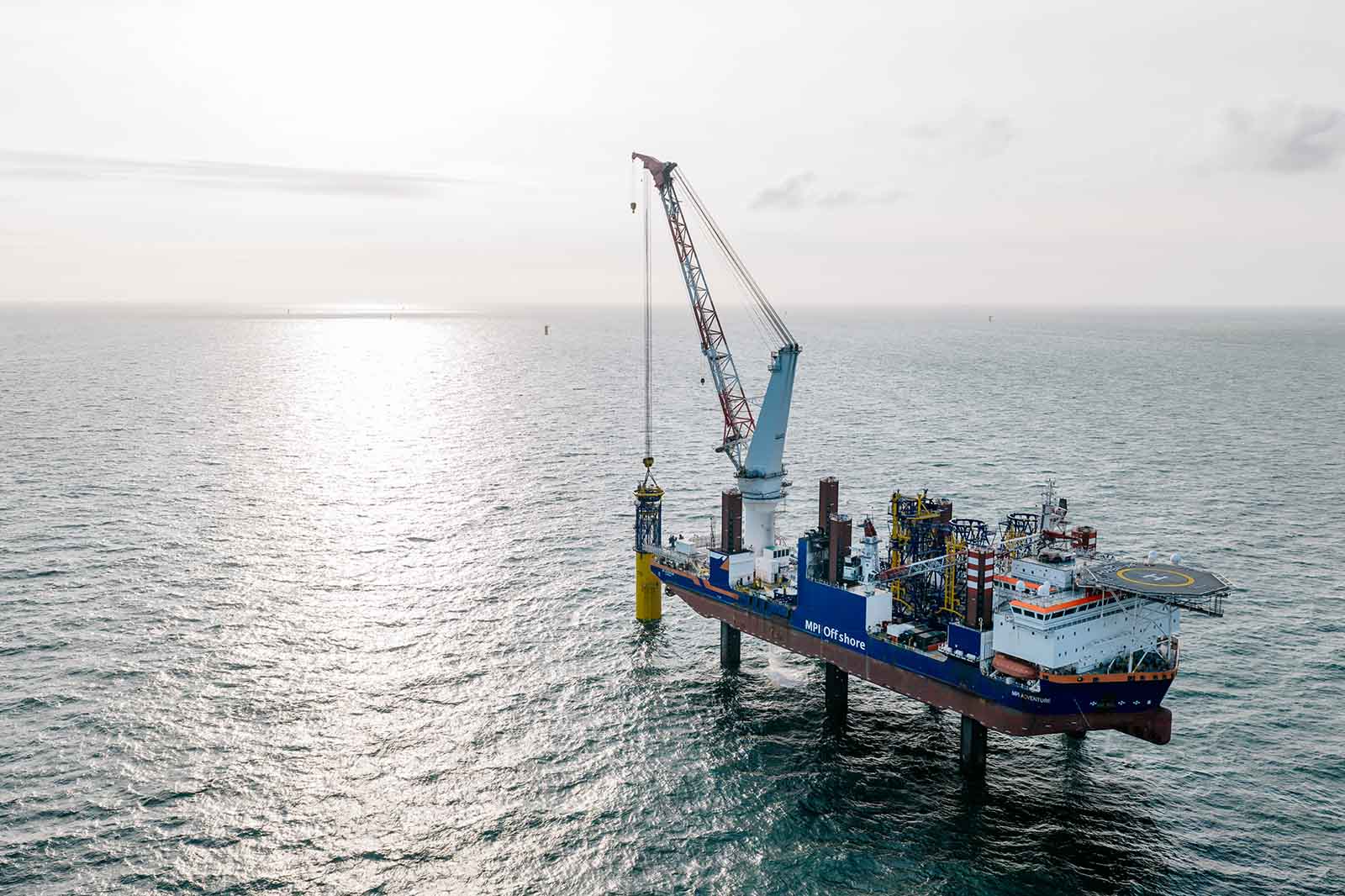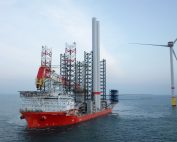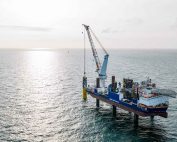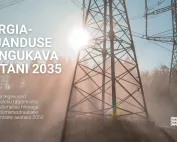The Baltic Regional Coordination Centre (Baltic RCC) has officially started operations in Tallinn. An executive was elected for this purpose. The purpose of the center will be to coordinate the planning of the development of electricity systems as well as some of the day-to-day activities of the operators to guarantee the security of electricity supply.
The Baltic RCC was formed by the three Baltic electricity transmission system operators (TSOs) – Elering from Estonia, Litgrid from Lithuania and Augstsprieguma tīkls AS (AST) from Latvia. Elected to the Baltic RCC Board were: Riina Käi, Elering Board Member, Gatis Junghāns, AST Board Member, and Donatas Matelionis, Litgrid Director of Power System Operationsr. In addition, Veiko Aunapuu from Elering, Andrejs Eglītis from AST and Paulius Cicėnas from Litgrid will also be included.
AST informs in a release, that the new center will coordinate the TSO’s activities in the ongoing maintenance of power systems as well as in ensuring the security and reliability of energy supply. The Baltic RCC will also focus on the coordination of key activities related to the synchronization of the Baltic electricity grids with the European ones, which is one of the most ambitious goals set by the Baltic transmission system operators.
The need for TSOs to establish regional coordination centers results from EU regulations. Regional centers, including the one in the Baltics, will not take over the separate functions of TSOs, but will complement them through joint development planning and operator coordination. The Baltic RCC will be managed on an equal basis by the three countries: each operator will have an equal share in the new structure, each country will appoint the same number of experts to work in the center.
We have also reported on BalticWind.EU that another coordination center, the Nordic RCC, will be one of 6 regional centers in Europe to support national TSOs in optimising the operation of the European electricity system both in terms of security and capacity utilisation. It will include system operators Statnett, Svenska Kraftnät and Fingrid.





